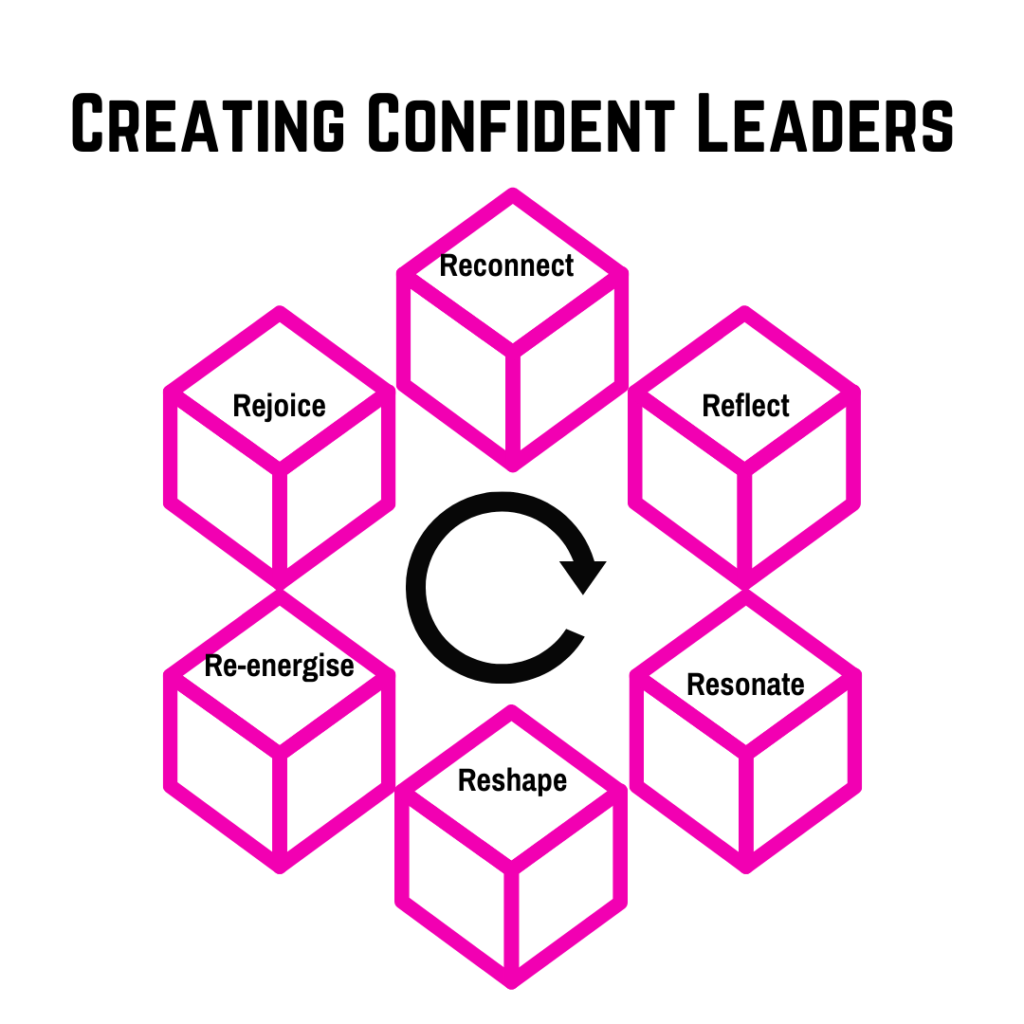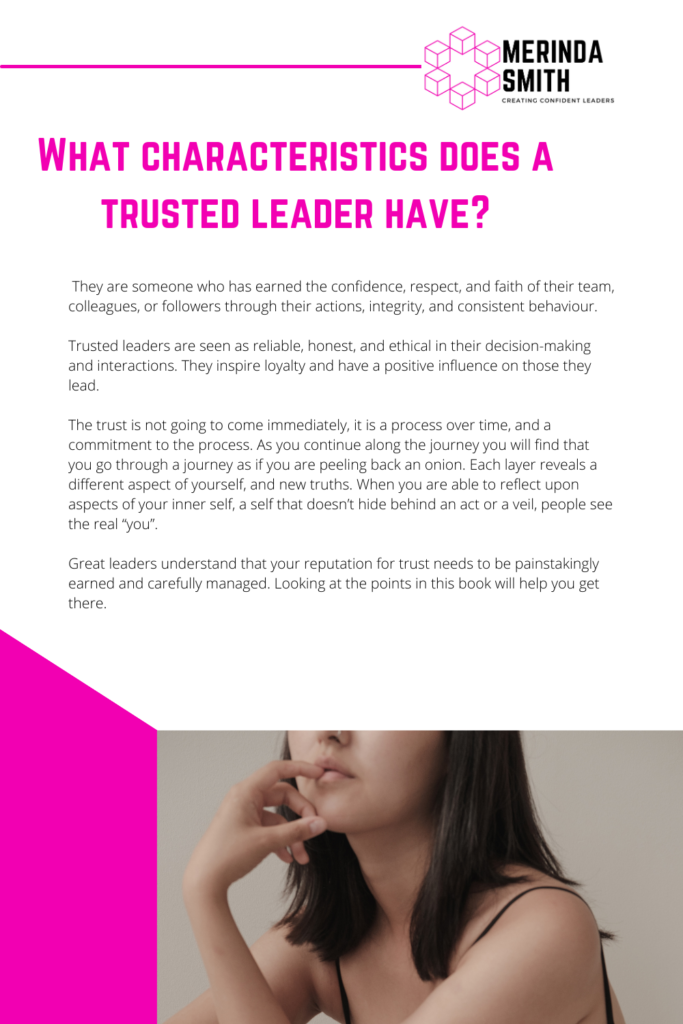Creating Confident Leaders
Leadership can be both challenging and immensely fulfilling. At the heart of effective leadership lies self-confidence. This is a cornerstone for achieving success and joy. Yet there are times when I really have to stretch myself, and step into confidence in a specific context. This to me is about levelling up. It’s about being that leader who I really want to be.
When leaders step into their self-confidence they are better equipped to inspire their teams, navigate obstacles, and create a positive work environment.

The Importance of Self-Confidence in Leadership
Self-confidence is the belief in one’s abilities and judgement. For leaders, this trait can fluctuate during each day, in differing contexts and at differing times of the week. It is not a constant state of being. Many people, even those in leadership positions, experience waves of confidence and insecurity.
Developing genuine confidence is often an ongoing process of self-reflection, personal growth, and overcoming challenges. It is one of the biggest areas leaders work on as it impacts decision-making, communication, and the ability to inspire and motivate others. A confident leader can handle criticism gracefully, evaluate feedback objectively, and turn potential conflicts into opportunities for growth. Also self-confidence is linked to emotional intelligence, which enhances a leader’s ability to manage their own emotions and understand others.
Confidence should not be confused with arrogance. Truly confident people don’t feel the need to put others down or constantly seek attention. Instead, they uplift others and derive satisfaction from their own accomplishments and growth.
Be self-aware – I can’t stress enough how important this is. You must press pause regularly and check in with yourself and the situation. Be real and reassess where you are at as a person and as a leader. Are you being arrogant, or was your response the correct way?
Maybe if something about you needs a tune up, then ask the right people the right questions – they will help you identify it. Become more attuned to you and what you might consider to stop, keep or start doing to be the best version of you, as a person and as a leader.
Strategies for Building Self-Confidence
1. Self-Awareness and Reflection
Understanding oneself is the foundation of building self-confidence. Regular reflection helps leaders gain insights into their strengths and areas for improvement. Setting daily intentions and reflecting on experiences can provide valuable lessons and reinforce positive behaviors. This practice not only enhances self-awareness but also helps leaders stay grounded and focused on their growth journey.
2. Continuous Learning
Investing in personal and professional development is essential for building self-confidence. Leaders should seek opportunities to expand their knowledge and skills through formal education, workshops, and reading. Books such as “The Power of Self-Confidence” by Brian Tracy and “Leaders Eat Last” by Simon Sinek offer valuable insights into developing leadership qualities and fostering a confident mindset.
3. Celebrating Small Wins
Acknowledging and celebrating small achievements builds and maintains self-confidence. Leaders often focus on long-term goals and overlook minor successes along the way. By celebrating these small wins, leaders can recognise their progress, boost their morale, and stay motivated. This practice also helps in appreciating the journey and not just the destination. See other posts on this subject.
4. Embracing Vulnerability and Authenticity
Confident leaders are not afraid to show vulnerability and authenticity. Being open about challenges and seeking support from mentors and peers can significantly boost self-confidence. Sharing experiences of self-doubt and how they were overcome can create a supportive environment and encourage others to do the same. This approach fosters trust and strengthens team dynamics.
5. Developing Resilience
Leadership comes with its share of challenges and setbacks. Developing resilience helps leaders bounce back stronger and more confident. Viewing obstacles as opportunities for growth and learning can transform setbacks into valuable experiences. Engaging in mindfulness practices, maintaining physical health, and finding joy in daily activities also contribute to building resilience and confidence.
Confident leaders are more likely to achieve success and joy in their professional and personal lives.
If you truly want to grow, then look for developmental opportunities with things like a mentor program and make it outside your own organisation. When mentors come from within an organisation then you just talk about the same things – and it’s all work. Yet, when you join outside mentoring or coaching programs you experience accelerated, valuable and enjoyable opportunities to learn and grow.
Remember, building self-confidence is a continuous journey that requires patience, commitment, and a willingness to learn from experiences.


We have developed a Trusted Leader E-Book. By implementing the principles in your own life, you can become a powerful, passionate, inspirational leader.
Click the button below to find out more about the book.


